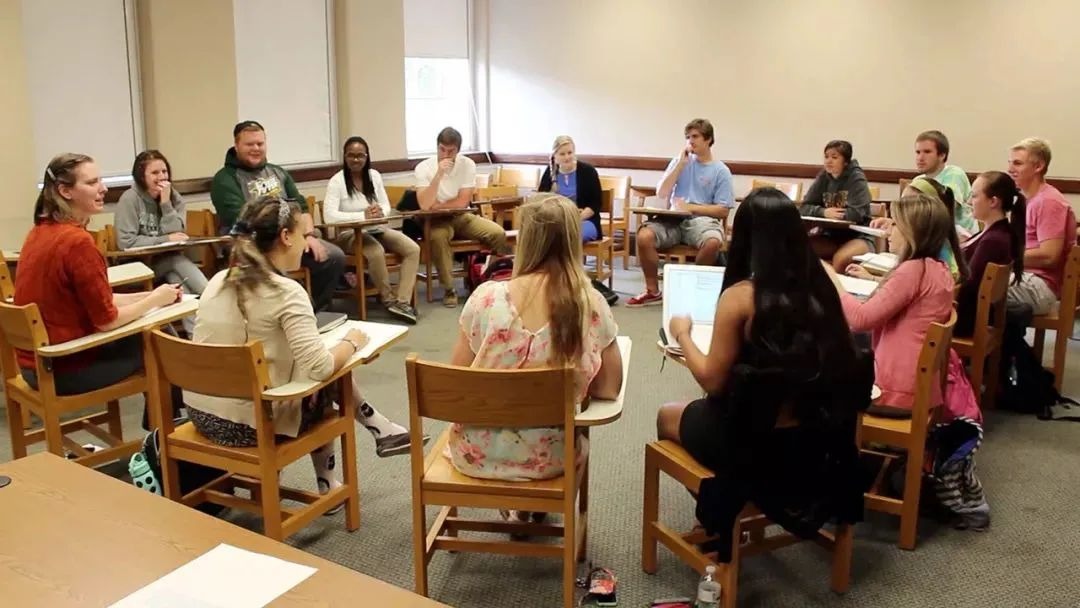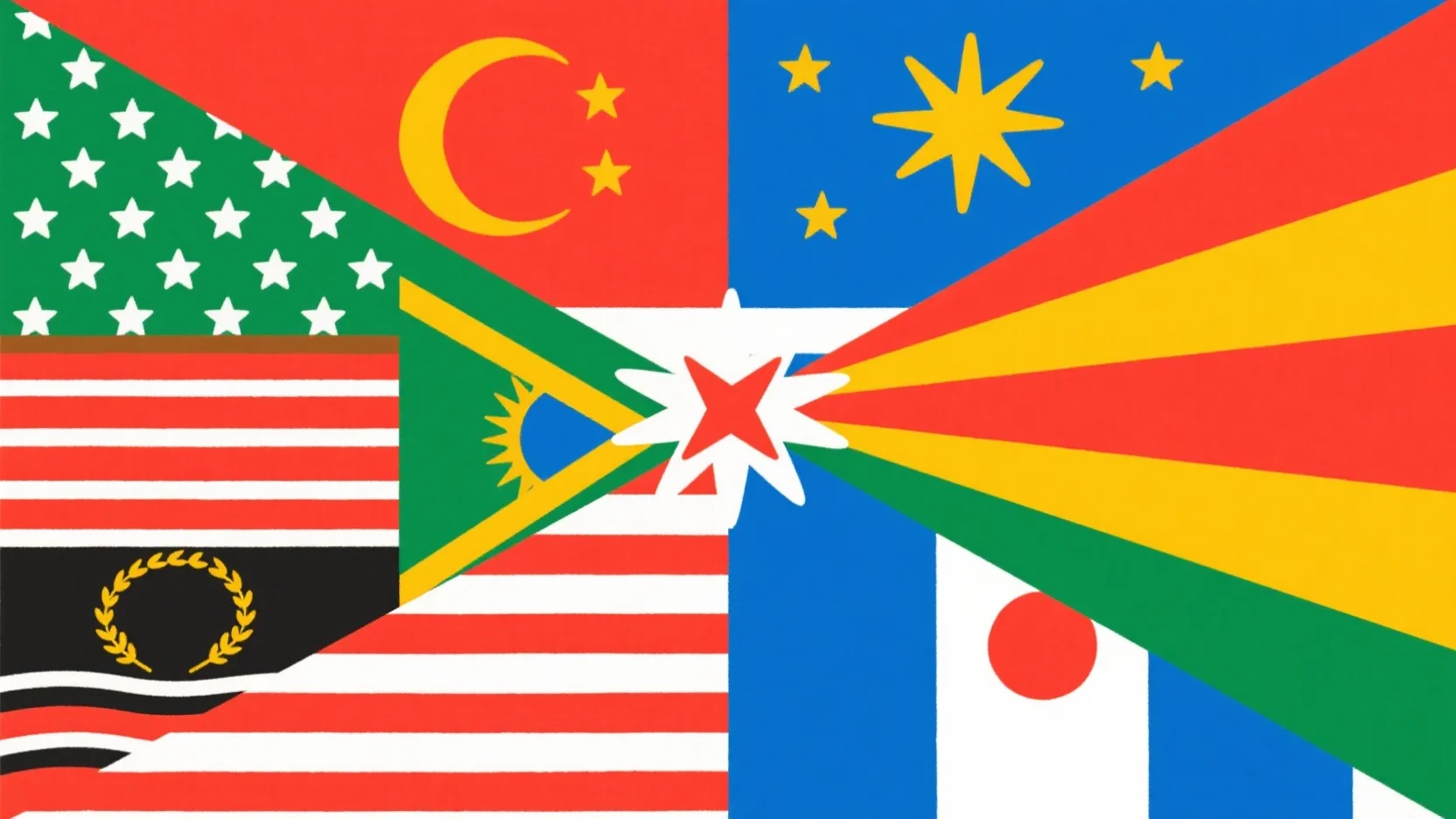In today’s globalized world, an increasing number of young people are choosing to become international students, crossing borders and immersing themselves in academic environments far from home. While this journey is filled with challenges and opportunities, it also comes with cultural conflicts that can impact their mental health, academic performance, and overall quality of life.
Understanding Cultural Conflicts in Studying Abroad
What exactly are cultural conflicts? These conflicts often arise when individuals face differences in values, behavioral norms, and communication styles in a new cultural setting, resulting in psychological or emotional discomfort. For international students, cultural conflicts are particularly common since they must quickly adapt to a new environment that includes different education systems, social customs, and languages.

Language Barriers: A Major Challenge
For many newly arrived international students, language barriers pose one of the biggest hurdles, especially for those from non-English-speaking countries. They must rapidly learn and master a second language to successfully complete their studies. This effort can be incredibly demanding, and even more frustrating are the moments when they struggle to communicate with peers, leading to misunderstandings, embarrassment, or feelings of inadequacy.
Adapting to Different Educational Systems
International students also face challenges adapting to unfamiliar educational models and teaching styles. For instance, in countries like the United States and the United Kingdom, professors often encourage independent thinking and critical analysis. On the other hand, in many Asian countries, education tends to emphasize memorization and discipline. For students from traditional educational backgrounds, this shift can be confusing and overwhelming as they figure out how to navigate these expectations.
Deeper Cultural Differences
Beyond academics, deeper cultural differences, such as varying values and norms, can also create conflicts. For example, attitudes toward time management differ widely across cultures—while some may view procrastination as an art, others consider it a major flaw. Sensitive topics such as religion or political beliefs can also spark disagreements, making it essential, yet challenging, to navigate these differences with caution.

Strategies to Overcome Cultural Conflicts
To address these issues, international students can adopt the following strategies:
- Be Proactive: Actively participate in social activities and engage with people from diverse backgrounds. Building a social network can help students integrate into the local community faster and provide more opportunities to learn new skills and knowledge.
- Seek Support: Most universities have international offices that offer a variety of support services, including help with administrative processes and counseling. Students should make full use of these resources. Additionally, staying in touch with family and sharing their experiences can provide emotional comfort and reassurance.
- Practice Self-Reflection: Every study-abroad experience is unique and personal. Students should appreciate their own perspectives while remaining open to others’ views. This balance can help foster meaningful cross-cultural exchanges.
- Respect Differences: Recognize that every culture has its own unique traits and commonalities. Accepting and respecting these differences makes it easier to step out of one’s comfort zone, explore new opportunities, and grow as an individual.
- Be Patient and Persistent: No matter how difficult things may seem, giving up is not an option. If students feel frustrated or lonely, they should remember that many others have faced similar situations. With consistent effort, they can develop strategies to overcome obstacles and achieve their goals, becoming successful and thriving even in unfamiliar surroundings.
Conclusion
As international students, we must cultivate resilience and a flexible mindset to adapt to change. The process of learning new things and adjusting to different environments is an essential part of pursuing knowledge and fulfilling our dreams. For those who have already embarked on this academic journey, it’s vital to maintain a spirit of fearless exploration. Let that curiosity guide us to uncover the hidden wonders of the world, making our lives richer and more vibrant—like a sky full of glittering stars.

